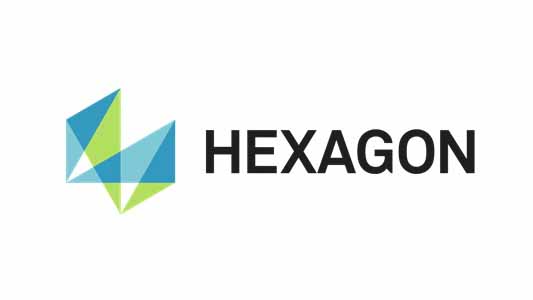Hexagon’s Manufacturing Intelligence division and Altium have entered a strategic partnership which will help the design and manufacturing of electronics be more environmentally sustainable. The partnership combines Hexagon’s expertise in utilizing data from design and engineering, manufacturing and metrology with Altium’s strengths in PCB design and electronics supply chain intelligence to help companies understand the impact of product development decisions on the sustainability of electronics and smart products.
Nearly every industry today faces increased pressure to reduce its carbon footprint and energy consumption, improve the recyclability of products, and conform to many additional regulatory requirements. Achieving such shifts in the electronics industry is immensely challenging given the complexity of global supply chains and operations, as well as the products themselves. Almost no solutions exist to manage sustainability performance across this ecosystem. Hexagon and Altium’s partnership recognizes the significant impact that the electronics industry has on the environment and aims to make positive change by introducing new tools and solutions which support the industry in becoming more sustainable.
The partnership will integrate Hexagon’s Nexus platform and the Altium 365 platform to address four key areas:
- Manufacturing sustainability – helping manufacturers identify and implement more sustainable manufacturing processes and technologies that reduce waste and minimize environmental impact through continuous improvement.
- Design for sustainability – empowering engineers with data-driven workflows that use advanced simulation-led design, virtual prototyping and quality inspection techniques to create sustainable products using the right material, design and manufacturing processes.
- Fostering innovation – working with the market to develop new solutions that meet evolving market needs and address current and future challenges; for example, through Hexagon’s Sixth Sense start-up ecosystem and support programme.
- Enterprise solutions – providing solutions that offer the electronics industry the compelling business differentiators and intelligence companies need to embrace greater innovation for sustainability.
The partnership is wide ranging, with developments planned throughout 2023 and beyond, with initial solutions focusing on reducing eWaste (electronic waste) through carbon dioxide impact tracking and recyclability improvements made available through Hexagon’s Nexus digital reality platform and the Altium 365 platform electronics product design platform that unites PCB design, MCAD, data management, and teamwork.
“IPC congratulates Altium and Hexagon on their partnership enhancing sustainability,” said John Mitchell, President & CEO of industry standards group IPC, “Altium’s expertise in PCB design and supply chain, combined with Hexagon’s metrology and analytics capabilities, strengthens the company’s position as a leading authority for the electronics industry on environmental sustainability and a valued partner in IPC initiatives, including our soon-to-be announced Sustainability Leadership Council”.
“Sustainability is a key talking point on the executive agendas of nearly every company in our industry,” says Ted Pawela, Chief Ecosystem Officer at Altium. “Our partnership with Hexagon will enable real progress in tracking and reporting – and most importantly – improvement on the key sustainability metrics that our customers need to address. We look forward to ongoing collaboration with IPC and Hexagon to help create a more sustainable future for our industry.” “Sustainability is a top priority for Hexagon”, says Parth Joshi, Chief Product and Technology Officer of Hexagon’s Manufacturing Intelligence division. “We are excited to work with Altium and to be leveraging their electronics expertise and software to provide richer solutions to our customers. Together, we have a vision to change the way sustainability is viewed, implemented, and adopted in the electronics industry. We are committed to developing and implementing sustainable manufacturing processes and open digital technologies that will help our customers to address inefficiencies, reduce their carbon footprint, and adopt a circular economy.”












